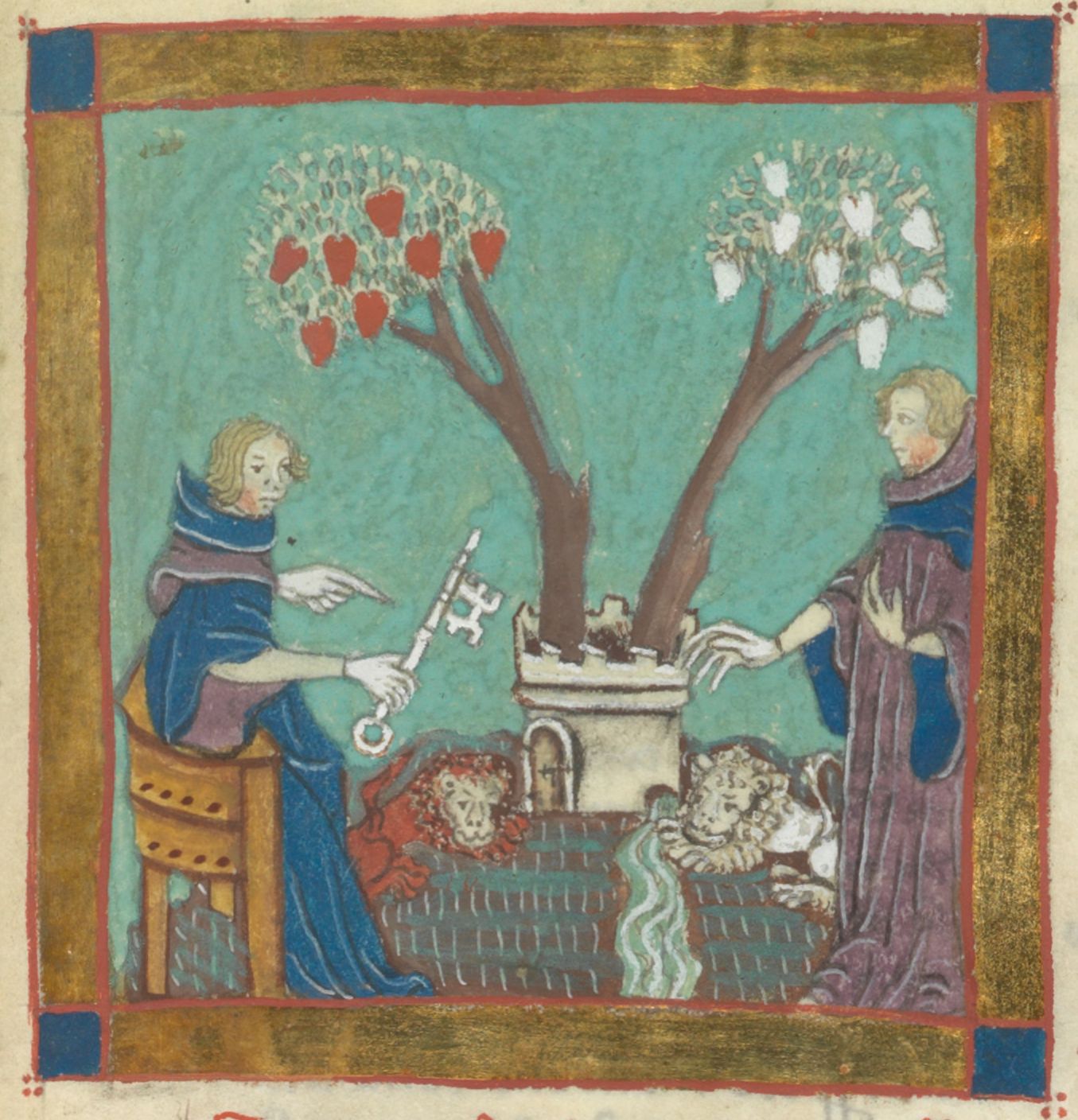January 29 - Alchemy and the occult sciences
Section outline
-
Assigned reading:
[Pseudo?-] Paracelsus, "Concerning certain particular signs of natural and supernatural things," Concerning the Nature of Things (c. 1537), from The Hermetic and Alchemical Writings of Aureolus Philippus Theophrastus Bombast, of Hohemheim, called Paracelsus, vol. 1, ed. A. E. Waite (1894), 188-194. [This is a brief excerpt, and you need not spend much time puzzling over the substance of it. But for purposes of class discussion, ask yourself why churchmen might be concerned about the way that "signs" function in this work.]
Brian P. Copenhaver, "Natural magic, hermetism, and occultism in early modern science," in Reappraisals of the Scientific Revolution (Cambridge, 1990), 261-301.
Further resources:
Bruce T. Moran, Distilling Knowledge. Alchemy, Chemistry, and the Scientific Revolution. Cambridge, MA: Harvard University Press, 2005, Introduction and Ch. 4.
Stephen Gaukroger, The Emergence of a Scientific Culture: Science and the Shaping of Modernity 1210-1685 (2006).Frances Yates, Giordano Bruno and the Hermetic Tradition (Chicago, 1964).
Allen G. Debus, Man and Nature in the Renaissance (Cambridge, 1978). [Borrow at archive.org]Brian P. Copenhaver, Hermetica : the Greek Corpus Hermeticum and the Latin Asclepius in a new English translation, with notes and introduction (1992). [available at Medieval Library]

